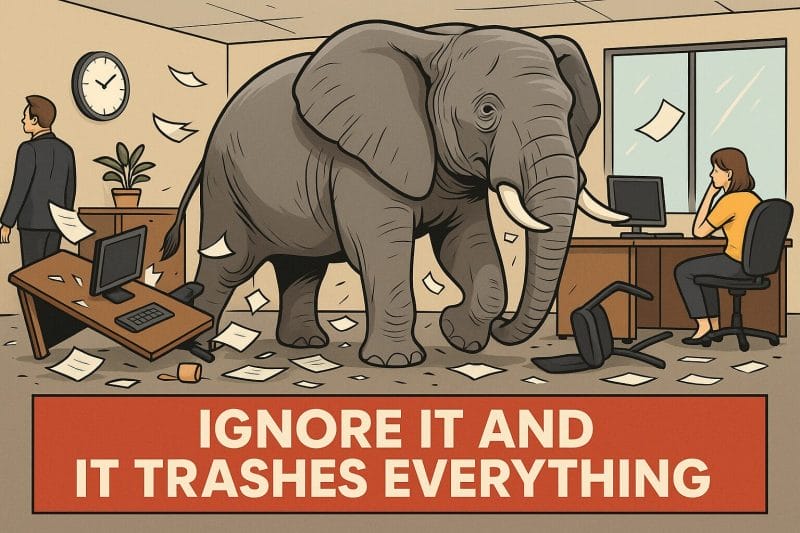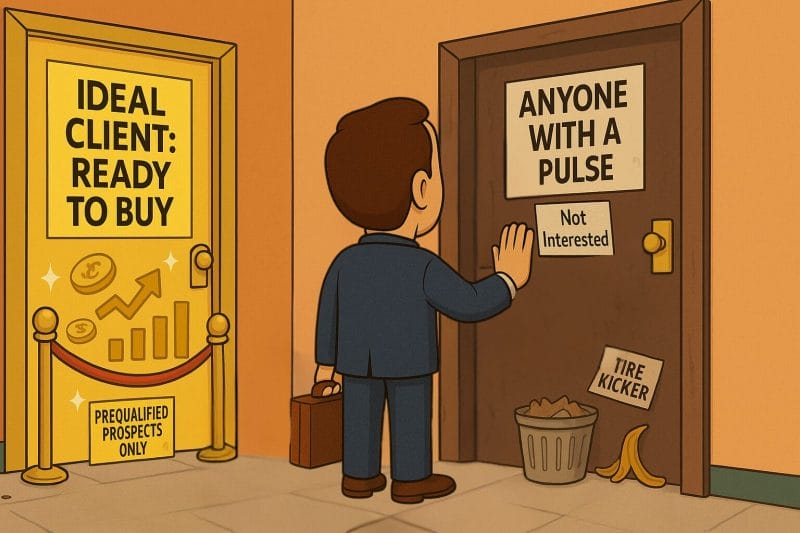From the “let no good deed go unpunished,” annals, the New Zealand and Australian Domino’s Pizza franchises ran a campaign they dubbed “Calling All Karens.” They asked all women named Karen to write to them describing in 250 words or less why they weren’t a “bad” Karen in exchange for free pizza. What could go wrong?
Shortly after the campaign was promoted, the sewer known as Twitter lit up with backlash from people who thought it was insensitive and flamed Domino’s over giving away free pizza to people named Karen instead of to people who were “truly marginalized,” poor and out of work. Interestingly, the New Zealand franchises had to pull the campaign whereas the Australian franchise didn’t generate any significant lift in sales, but at least didn’t have to pull it. (I love my tough-as-nails Aussies.)
Similarly, many companies attempted to run campaigns over the last year to “spread a message of unity” and inclusion, generate awareness for social distancing, wearing masks and other causes that also misfired miserably and created vicious social media backlash. Unilever’s campaign to rename its whitening cream “Glow & Lovely” instead of “Fair & Lovely” only brought negative attention to them for having such a “racist” product in the first place. Aldi’s “Poorest Day” campaign, designed to demonstrate how far a dollar could be stretched in their grocery stores, only brought heat from people who felt they were shaming poor people. McDonald’s social distancing campaign that separated the golden arches to encourage people to stay apart only generated hatred when people saw it as “virtue signaling” and disingenuous pandering.
RELATED: Want MSP Success Magazine delivered to your inbox AND mailbox free? Click here.
Another similar mistake I see even more often is advertisers trying to be funny or clever instead of simply selling the product. They feel they need to do this to get attention or be relevant because plain old selling the product is so b-o-r-i-n-g. Example: Back in October, Kraft ran a “Send Noods” campaign as a funny play on words for “send noodles.” The campaign allowed people to send a free box of Kraft Mac & Cheese to someone they love, or a coupon to redeem one free box at their local grocery store – not a terrible idea. However, in an attempt to be funny, the ad showed a photo of a blurred-out bowl of mac and cheese and the headline “Send Noods” along with a message that “things are about to get saucy.” This cheap attempt at humor blew up on them and turned into people claiming they were promoting child pornography and human trafficking, forcing them to pull the ad and grovel to the public for forgiveness.
So, here’s a crazy idea: how about we just stick to selling something?
Call me old-fashioned, but I thought advertising’s #1 job was to make people want to buy our products and services. To generate leads and sales by highlighting the benefits – NOT to save the whales, raise awareness for human trafficking or obliterate racism (unless that IS what your company does). That’s not to say those are bad causes, but when you attempt to generate sales and new clients by appealing to a social justice cause, you’re playing a very, very dangerous game that can go wrong quick, fast and in a hurry. Further, having a mixed or unclear agenda with your advertising never delivers optimal results. Why does McDonalds, who sells fast food, need to remind people to stay apart? Don’t you think they’ve heard it enough already? And how does appealing to a small segment of the population named “Karen” sell more pizza?
If being funny supports the sale of a product, fine. But ONLY if it actually does. When you try to make your ad do more than one thing (be funny AND send a social message), you dilute its ability to do each of the tasks and you usually end up with an ineffective, unproductive mess at best, a giant sales- and reputation-crushing nightmare at worst.
So, if anyone tries to tell you to run an ad or create a campaign that does anything other than directly sell your product or directly generate a lead, run away. Far, far away. And stick to the old-fashioned intention of getting something SOLD.
If you want to learn the RIGHT way to be marketing, grab your free copy of The Ultimate Marketing System For IT Services Firms by clicking here now!













